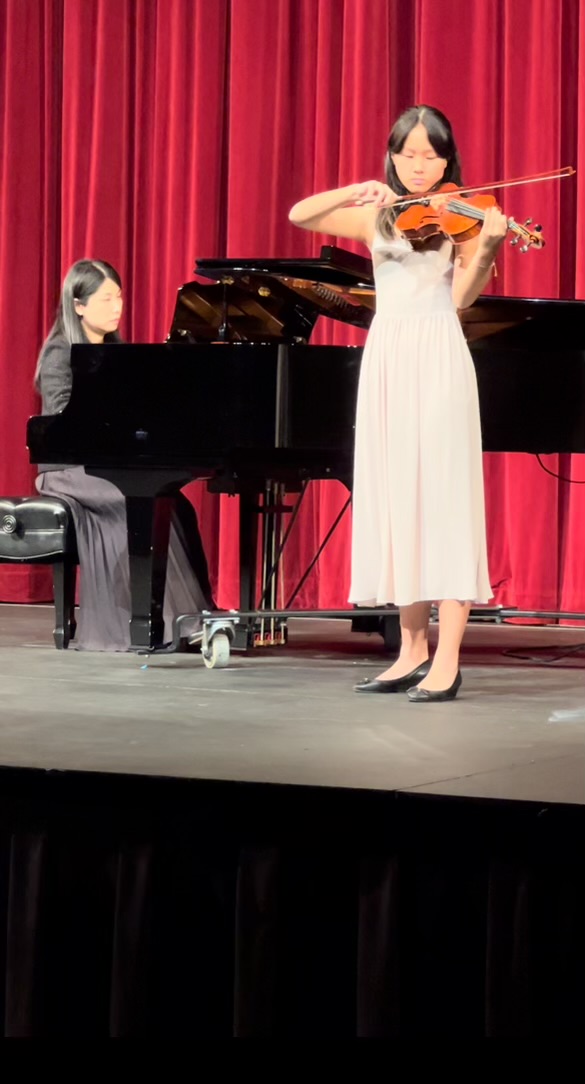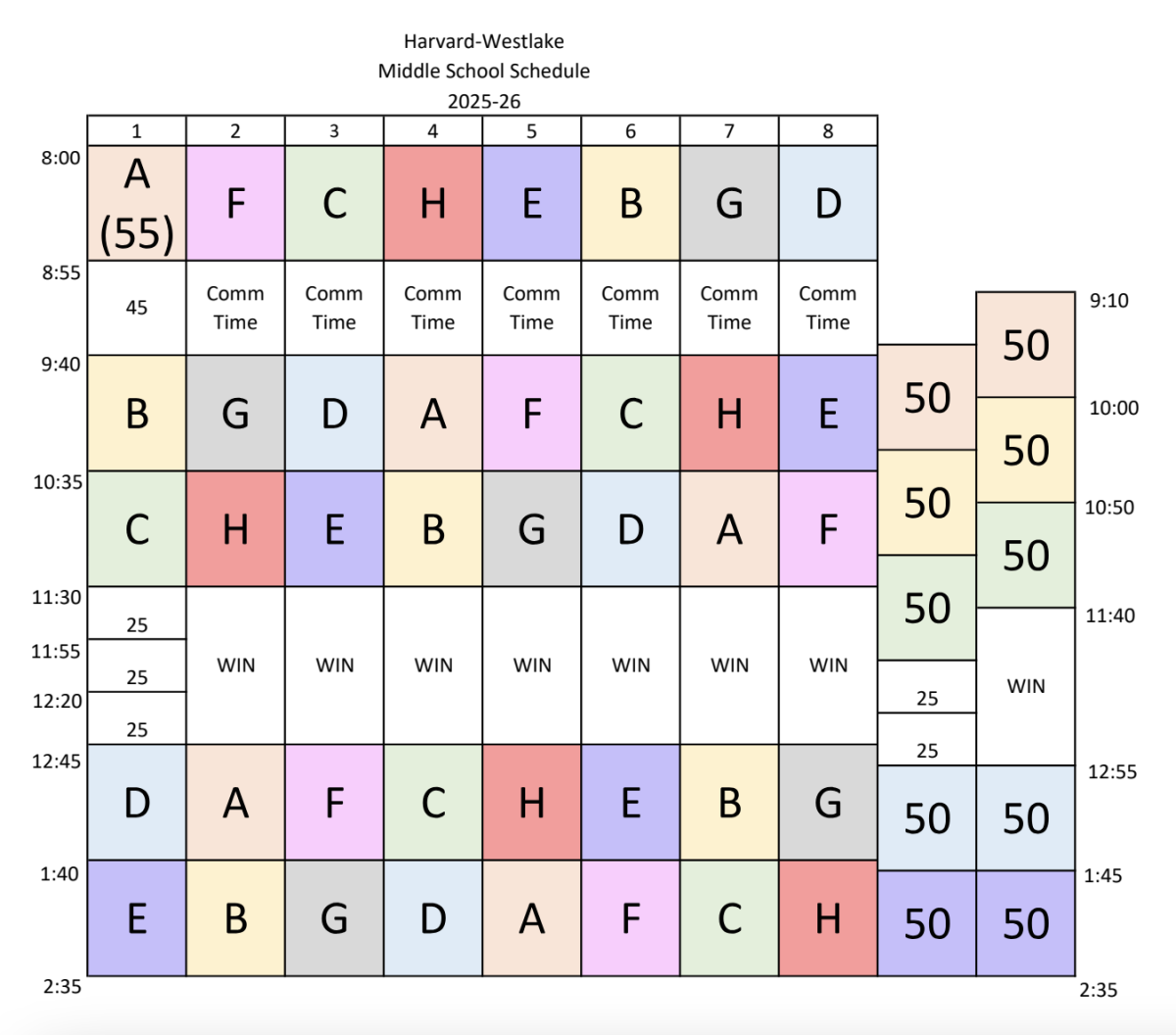Prime Minister of Israel Benjamin Netanyahu has called a snap election for April 9, in the midst of a concurrent corruption investigation into the Prime Minister’s personal affairs. The investigation was prompted from a group of cases wherein Netanyahu gave promises to put forth legislation favoring owners of newspapers in exchange for positive news coverage. The attorney general, Avichai Mandelbilt, has said he will decide whether or not to indict Netanyahu in March 2019, as reported by The Jerusalem Times.
Most polls, including Shvakim Panorama, Direct Polls and Panels Politics, have postulated that Netanyahu’s party Likud will win handily, with a lead over the second largest party of 9-18 Knesset seats. In the Israeli political system, the head of the largest party in the Knesset, their legislative body, is called upon to form a government with smaller parties. A coalition needs to have a majority of the Knesset, 61 legislators, vote in favor of it.
In second place is either Yesh Atid, a radical centrist party that advocates for secularism, or Resilience, a new party led by the enigmatic general Benjamin Gantz, who has yet to give a campaign speech. The current main opposition party, the center-left Labor party, is projected to only win 8-10 seats, a significant drop from their current 18.
However, there is still a possibility for the fractured opposition to win the election. A poll from Maagar Mochot has projected that, if they were to unite, a cross-party alliance of Yesh Atid, Labor and Resilience would win two more seats than Likud, becoming the largest party in the Knesset.
And, if he were indicted, 51 percent of voters would want Netanyahu to resign, including a third of Likud voters, according to a Smith Research poll. This would mean a sharp decline in voters for Netanyahu, which could be enough to allow an opposition victory.
The elections in Israel are tilted heavily in favor of Netanyahu, though they do not necessarily imply a Likud victory. The possibility of a non-Likudite government has important ramifications for the region.
Resilience, Yesh Atid and Labor all support a two-state solution and would try to push for one if they were elected. This could lead to peace talks between Israeli and Palestinian leaders, which could cause either an inflammation of the current situation, as happened after the 1998 Oslo Accord, or, perhaps, an end to the decades long conflict between Israel and the inhabitants of the Palestinian territories. Even if they cannot agree on peace with the Palestinian leadership, these parties have promised unilateral disengagement, a policy where the Israeli military would leave the West Bank and allow it to be ruled by local authorities, similar to Israel’s current policy pertaining to Gaza.










